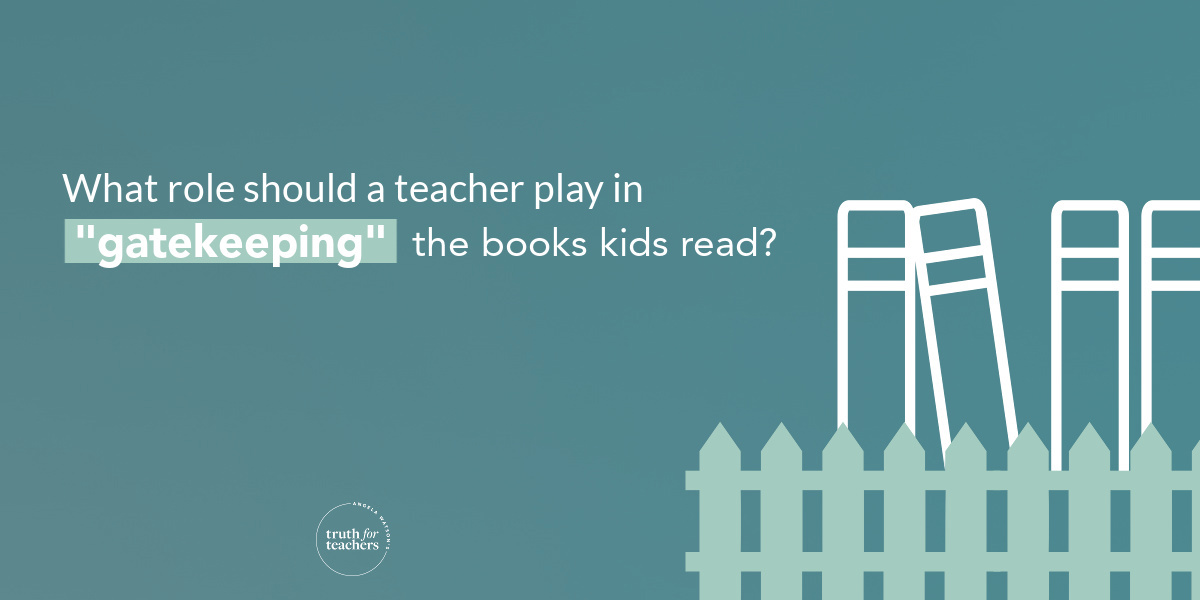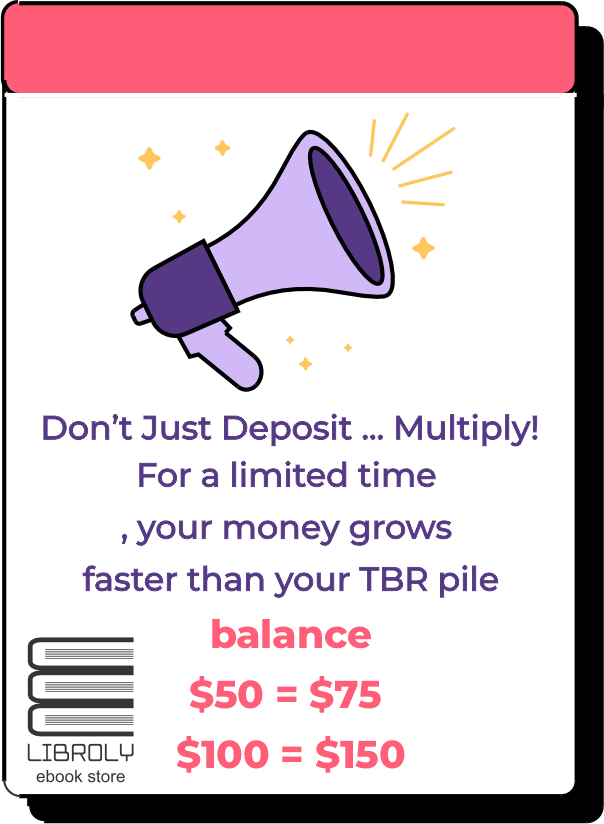This article shares 10 key tips for choosing specialized books to make your learning faster and more effective.
- Arts Design
- Engineering and Technology
- Agriculture and Natural Resources
- Arts and Humanities
- Biological Sciences
- Business, Management, and Economics
- Civil Engineering
- Earth Sciences
- Health Sciences
- Humanities and Social Sciences
- Management Sciences
- Environmental Sciences and Natural Resources
-
Medicine
- Anesthesia
- Internal Medicine
- Plastic Surgery and Otorhinolaryngology (ENT)
- Public Health
- Sports Medicine and Rehabilitation
- Basic Medical Sciences
- Behavioral Sciences and Psychology
- Blood and Cancer
- Cardiology and Cardiac Surgery
- Dentistry
- Dermatology
- Emergency
- Gynecology and Obstetrics
- Neurology
- Nursing
- Nutrition
- Ophthalmology
- Orthopedic
- Pathology and Laboratory Sciences
- Pediatrics
- Pharmacy
- Radiology
- Surgery
- Urology
- Veterinary Medicine
- Natural Sciences
- Smart Technologies
- Social Sciences
10 Secrets to Choosing a Specialized Book That University Professors Don’t Want You to Know!

Are you a student, a professional looking to improve your skills, or someone passionate about learning a specific subject? The path to gaining knowledge usually starts with a book, but finding the right one can feel like exploring a huge and unfamiliar area. While university professors give you reading lists, there's often hidden advice about picking the best resources that can speed up your learning and career.
This guide shares 10 key tips to help you choose the right specialized books that match your learning style, expand your understanding, and really move you forward—no matter where you are in the world.
1. Look Beyond the University Reading List
University syllabi are a good beginning, but they often include only well-known and classic books. Don't limit yourself! The world of learning is always changing. Actively look for newer books, recent research papers, and specialized journals that offer new ideas or cover the latest trends in your field. Sometimes, the most important ideas come from sources that not everyone knows about. Explore publishers and academic presses from different parts of the world.
2. Examine the Author’s Credentials, Not Just the Title
A catchy book title doesn’t always mean it’s the best choice. What really matters is the author’s knowledge and experience. Does the author have a strong background or lots of experience in the subject? Have they written respected articles or done groundbreaking research? A quick check on sites like Google Scholar or ResearchGate can help you find out more about their qualifications and work. Look for authors from different universities and places around the globe who bring many different views.
3. Prioritize Problem-Solving Approaches
Theoretical ideas are important, but a book that shows you how to use those ideas in real life is even better. Look for books with real examples, detailed case studies, and activities you can do. These books connect abstract knowledge with practical skills, helping you turn what you learn into useful solutions—especially in fields that apply to the world at large.
4. Pay Attention to Global Academic Feedback
Before deciding to buy a book, check out reviews and opinions on websites like Amazon, Goodreads, or academic forums. These can give you a good idea of what others think about the book’s strengths, weaknesses, how hard it is to read, and how useful it is in real life. Read these reviews carefully, but don’t take everything at face value—they can offer a lot of helpful information.
5. Carefully Review the Table of Contents and Glossary
The Table of Contents is like a map that shows you what the book covers and in what order. Looking at it closely can help you decide if the book matches your learning goals. Also, a detailed glossary is a sign that the author is serious about explaining technical terms clearly. A good glossary helps everyone understand the material, especially those from different backgrounds.
6. Consider the Publication Date—But Don’t Get Too Focused on It
In fields that change quickly, like computer science or medicine, having up-to-date information is important. But in areas like philosophy, history, or literature, older books can still be very valuable. The main thing is whether the book’s content is still relevant and connects with what is being talked about now. Focus more on relevance than on how new the book is.
7. Explore Multimedia and Interactive Resources
Many books now come in digital formats with videos, animations, and quizzes. These tools can make learning easier and more interesting. When possible, choose books that offer these kinds of interactive features because they can help people learn in different ways, especially from around the world.
8. Preview a Few Chapters Before Buying
If you can, read a few pages or chapters from the book before buying. Does the author write in a way you like? Are the ideas explained clearly? Are the diagrams and pictures easy to understand? This quick check can help you avoid buying something that won’t help you. Many e-book platforms let you read a few free pages—take advantage of that.
9. Look for Books That Challenge You—Not Just Repeat What You Know
The purpose of reading a specialized book is to learn more and grow. Choose books that make you think, question what you know, and see things from new angles. A book that just repeats what you already know doesn’t help you much. Embrace the challenge of learning something new.
10. Talk to People and Experts Around the World
One of the best ways to find good resources is by learning from others. Chat with older students, people who already graduated in your field, and even those who are just starting out in research. Ask them which books helped them the most and why. They often share useful tips and can point you toward books that really make a difference. Online groups and research forums are great places to have these conversations.
By using these 10 tips when choosing books, you'll be better equipped to make smart choices on your learning path. Finding the right specialized book is a strong step toward gaining more knowledge and achieving more in your career or studies, no matter where you are.
Share this post:







0 Comments